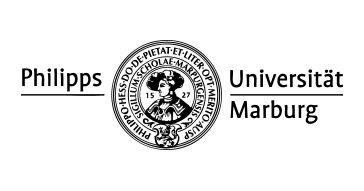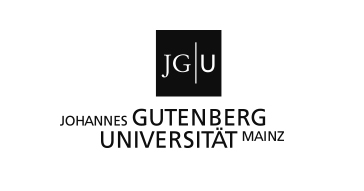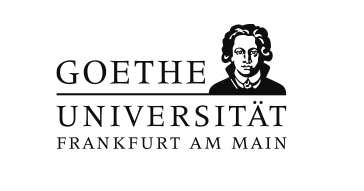Main Content
Modules
Inhalt ausklappen Inhalt einklappen Networks (Marburg)
In the past and present, film culture has been organized in a variety of institutional networks and discursive frameworks, some durable, others short-lived, some in the center of attention of film studies, others on the margins. The module “Networks” studies processes of network formation and development in analog and contemporary digital networks, as for example in the case of canons, but also regarding ephemeral and non-theatrical film practice (advertising, industrial and tourist films, avant-garde). Starting from a solid foundation of source criticism and data literacy this module will aim to make the various interconnected forms of data productive for relevant questions of film studies. These questions include the processes of network formations and developments in analog, electronic and digital film culture.
Inhalt ausklappen Inhalt einklappen Formats (Mainz)
Scalable across a variety of formats and standardized for global distribution from the outset, the moving image has always been an image on the move and in transformation. Formats have a significant impact on the aesthetic properties of a film as well as important consequences for the modes of access, distribution, but also for the ecological footprint of media - all phenomena to which we can gain new insights with the help of digital methods. Starting from a solid foundation of source criticism and data literacy this module will aim to make the various interconnected forms of data productive for relevant questions of film studies, including the presentation formats of visualization tools of digital methods themselves.
Inhalt ausklappen Inhalt einklappen Markets (Frankfurt)
Film production occupies a unique place between culture and commerce, informed by economic, legal and technological frameworks as well as by artistic drives. The datafication of film culture further compounds this dynamic, as the aggregation of consumer preference data increasingly determine production choices. Still, such systems as the festival circuit and governmental subsidies create separate markets which allow apparently non-market driven forms of artistic production to thrive. The module “Markets” seeks to utilize digital tools and methods to investigate these overlapping film markets, combining archival research with digital data collection to model the transformation of film as a cultural commodity in a historical perspective.
Inhalt ausklappen Inhalt einklappen Joint Module Data Criticism/Data Literacy
The critical evaluation of source materials is a core area of expertise of the humanities and of film research and historiography in particular (Fickers 2012). This module aims to adapt existing protocols to the challenges of a digital data environment. It tackles key issues of data criticism and data literacy such as modes of access, source criticism, archival policies, and politics and questions of infrastructure arising from challenges in each of the three main project components or modules. Of particular interest are the reliability, provenience, validity, integrity and density of data, as well as the sustainability of data for future research (Olesen 2016; Noordegraaf 2018). The module consists of a series of formats ranging from regular project meetings to workshops, fellowships, data sprints, teaching workshops, an international conference, and a winter school.



